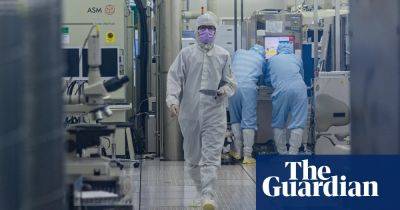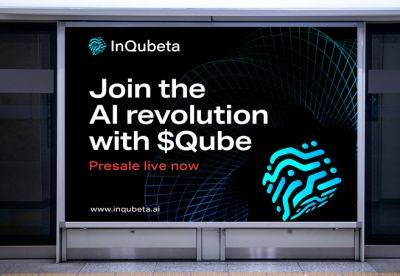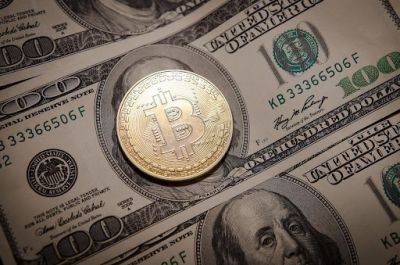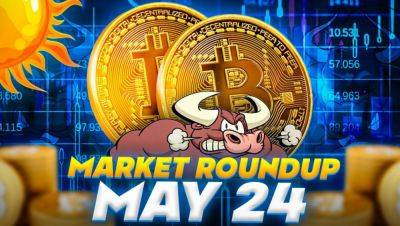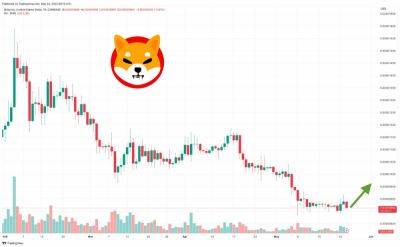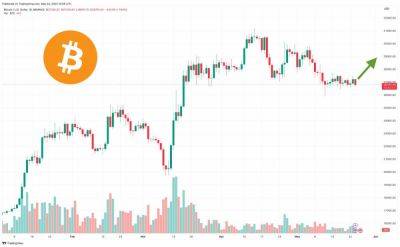The promise of DeFi: Underdelivered or an ongoing journey?
It’s 2023, and decentralized finance (DeFi) has emerged as a major trend in the blockchain and cryptocurrency space, with the emergence of protocols and the promise of building a financial system “free” from the control of central authorities. However, despite its potential benefits, DeFi has faced its fair share of criticism for its lack of true decentralization.
Undermining the fundamental principles of decentralization, many DeFi protocols are still subject to centralized control and oversight by a select few. “DeFi is not decentralized at all,” said Samson Mow, former chief strategy officer at Blockstream, in a discussion with Cointelegraph about how DeFi projects are governed by entities that can change the protocols at will.
Decentralized autonomous organizations (DAOs) are touted as the future of decentralized corporate governance, functioning without a centralized hierarchy. However, DAOs have failed to achieve their intended level of decentralization. A study by Chainalysis revealed that less than 1% of all holders have 90% of the voting power, indicating a significant concentration of decision-making power in the hands of a select few. This finding highlights a critical problem, as DAOs were created to address the issue of centralized power.
Source: Chainalysis
This was exemplified in July 2022, when popular DeFi lending protocol MakerDAO was scrutinized for its centralized decision-making process. A new proposal was put forth to the MakerDAO community for the implemention of a new governance structure that would centralize power in the hands of a smaller group of stakeholders, including the project’s largest investor, Andreessen Horowitz.
However, there was significant pushback from the community on the grounds
Read more on cointelegraph.com





